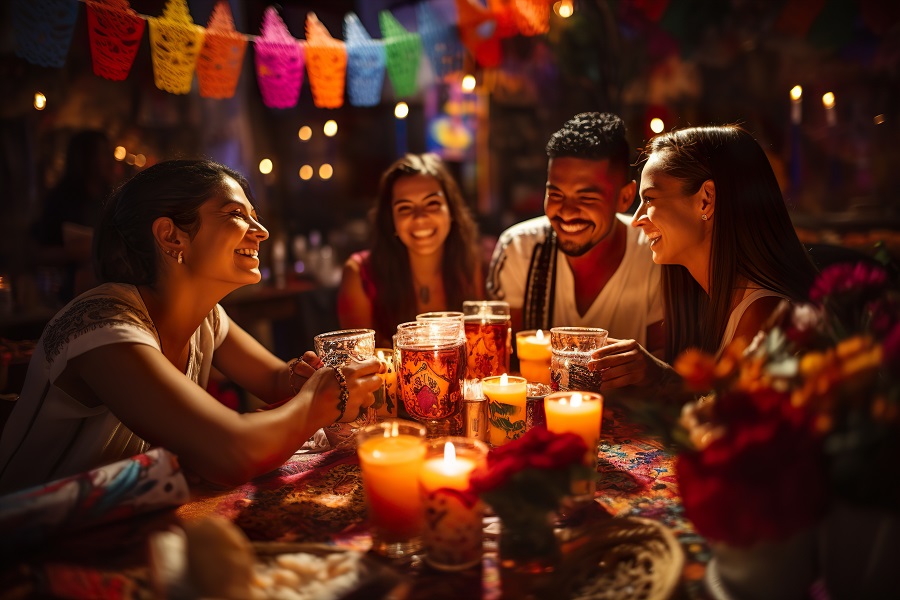
Exploring Tequila Traditions – A Journey Through Mexico’s Iconic Spirit
Exploring Tequila Traditions – A Journey Through Mexico’s Iconic Spirit
Tequila, an emblem of Mexican culture, is far more than just a spirited beverage. Its rich history and intricate production methods make it an essential part of Mexico’s heritage. In this blog, we’ll dive into tequila traditions, exploring how this iconic spirit is made, the cultural significance it holds, and why it stands out as one of the best tequilas in Mexico.
The Origins of Tequila Traditions
Tequila’s roots trace back to the indigenous peoples of Mexico, who used the blue agave plant for centuries before the arrival of Spanish colonizers. The ancient Aztecs revered the agave plant not only for its nutritional value but also for its fermented sap, known as pulque. This early form of alcohol was a staple in ceremonial and social gatherings. Today, 100% agave tequila continues this tradition with its pure, authentic flavor.
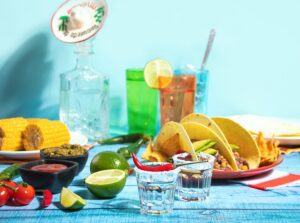
The Art of Crafting Tequila: From Agave to Glass
Tequila traditions involve a meticulous production process that begins with the blue agave plant, grown primarily in the region surrounding the town of Tequila in the Jalisco state. The journey from agave to high end tequila is an art form in itself.
Harvesting the Agave: The first step is harvesting the mature blue agave, which takes about 8 to 12 years to reach optimal ripeness. Skilled jimadores use specialized tools to cut the leaves and extract the heart of the agave, known as the piña.
Cooking the Piñas: Once harvested, the piñas are cooked in large ovens or autoclaves. This process converts the complex carbohydrates in the agave into fermentable sugars, essential for the tequila’s development.
Fermentation: After cooking, the piñas are crushed and the juice is extracted. This juice is then fermented using natural or cultured yeast, which converts the sugars into alcohol.
Distillation: The fermented liquid is distilled twice in copper stills to concentrate the alcohol and refine its qualities. This step is crucial in shaping the character of the tequila.
Aging: Depending on the type of tequila being produced, the liquid may be aged in wooden barrels for varying periods. Blanco tequilas are typically unaged, while reposado and añejo varieties spend time in barrels, developing deeper characteristics and complexity.
Bottling: Finally, the tequila is filtered and bottled, ready to be enjoyed.
The Cultural Significance of Tequila Traditions
Tequila is deeply rooted in Mexican culture and traditions. It plays a central role in festivals, celebrations, and social gatherings. For instance, during Día de los Muertos (Day of the Dead), tequila is often enjoyed in remembrance of loved ones. In various regions of Mexico, tequila is paired with traditional dishes, enhancing the culinary experience and showcasing the spirit’s versatility.
Discovering the Best Tequila in Mexico
While there are numerous brands of tequila available, the best organic tequila in Mexico often comes from regions with long-standing traditions and a commitment to quality. Tequila from Jalisco, particularly from the towns of Tequila and Arandas, is renowned for its authenticity and craftsmanship. The region’s unique climate and soil contribute to the agave’s distinct characteristics, making it a prime location for producing exceptional pure agave tequila.

In recent years, there has been a growing interest in best organic tequila. Organic tequila is made from agave grown without synthetic pesticides or fertilizers, offering a more natural and environmentally friendly option. The production process of organic tequila adheres to stringent standards, ensuring that the final product is both high-quality and sustainable.
Organic tequilas often have a purer profile, allowing the natural essence of the agave to shine through. For those who are conscious about their environmental footprint and seek a cleaner, more authentic drinking experience, organic tequila is an excellent choice.
Embrace the Tequila Tradition
Whether you’re a connoisseur or new to the world of tequila, embracing tequila traditions can enrich your appreciation of this iconic Mexican spirit. From its historical roots to its modern-day varieties, tequila offers a glimpse into Mexico’s rich cultural heritage.
If you’re looking to experience the best of tequila traditions, exploring options like AgaveLuz Organic Tequila can provide you with a taste of authentic, high-quality tequila. AgaveLuz Organic Tequila is crafted with the utmost care, adhering to both traditional methods and modern quality standards.
Buy Now to discover the rich heritage and deep traditions of AgaveLuz Organic Tequila, and experience the essence of Mexico’s finest spirit.Indulge in the vibrant world of tequila and celebrate its heritage with AgaveLuz Organic Tequila, the best organic tequila. Cheers to exploring and savoring the finest tequila traditions!
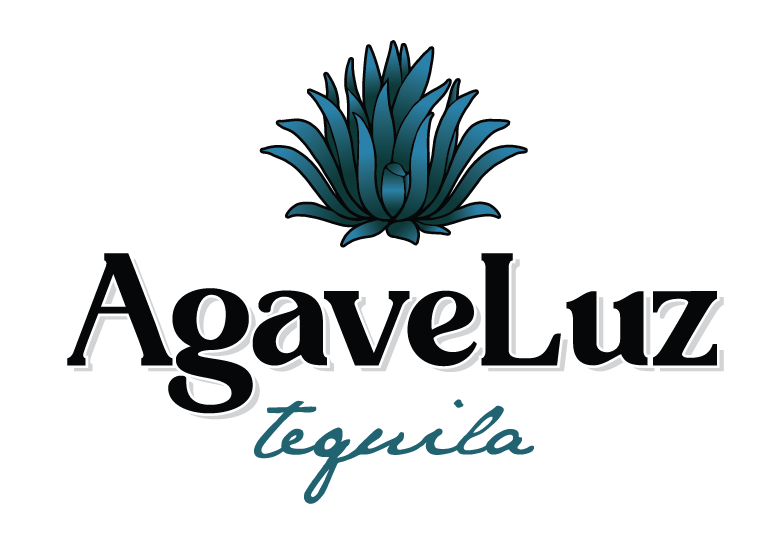
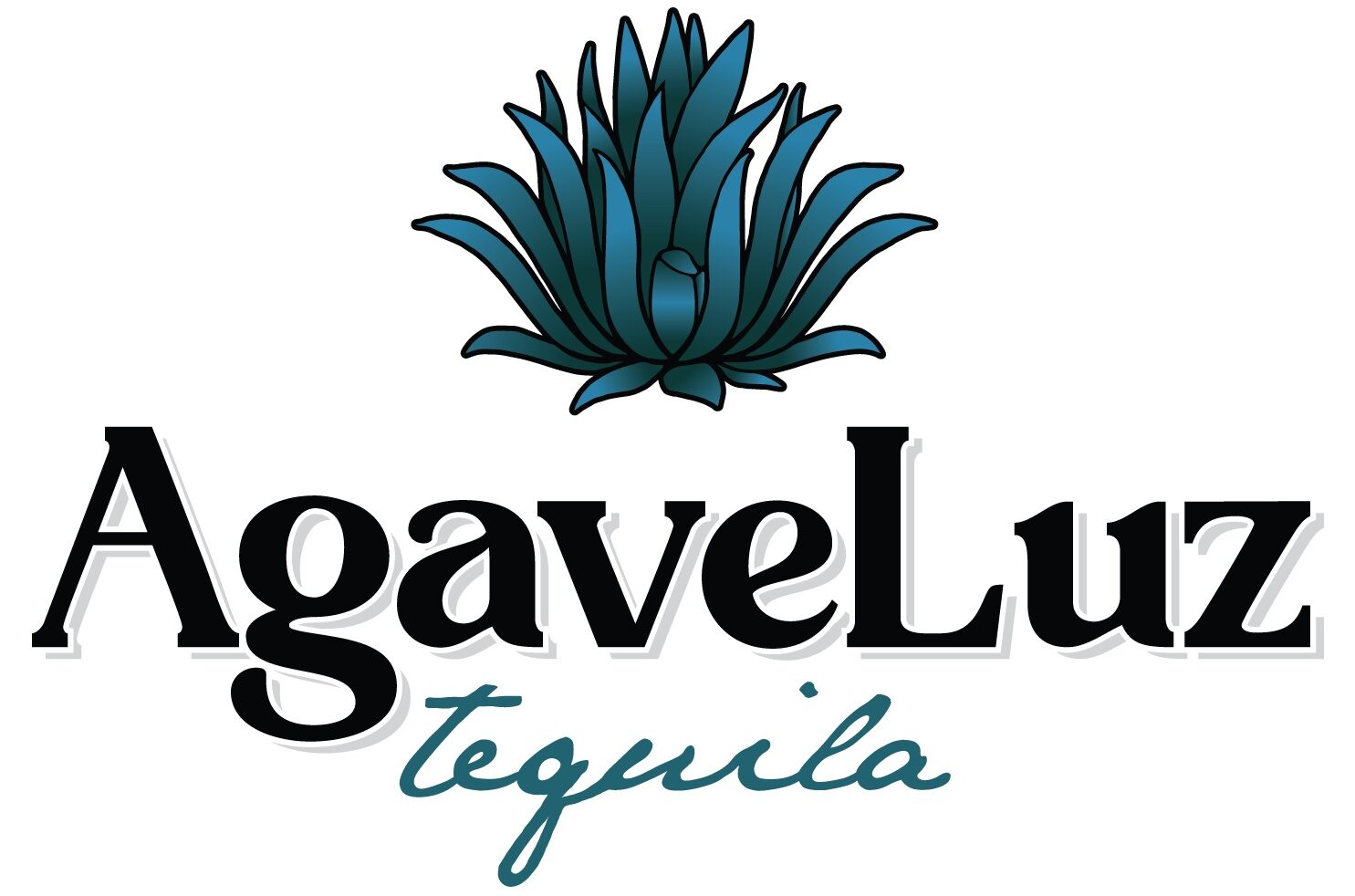

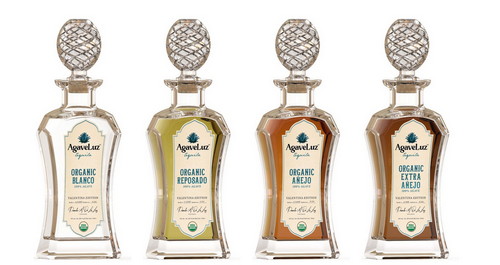















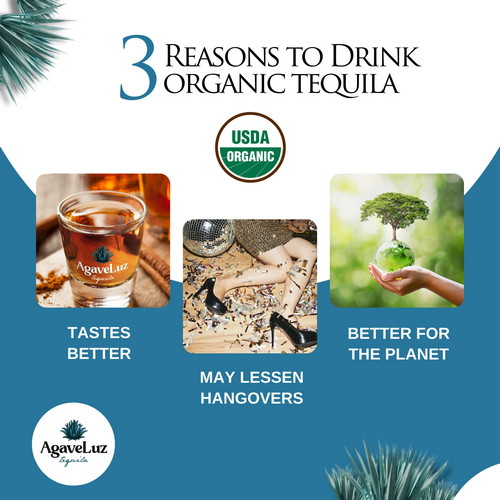


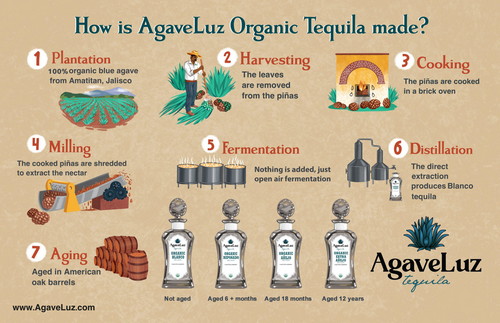


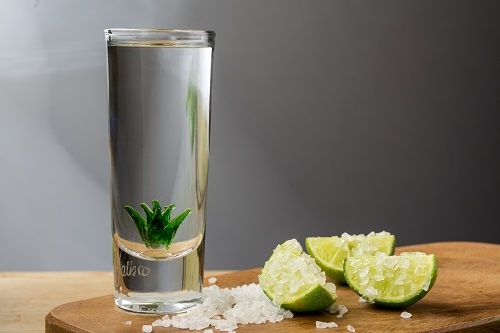
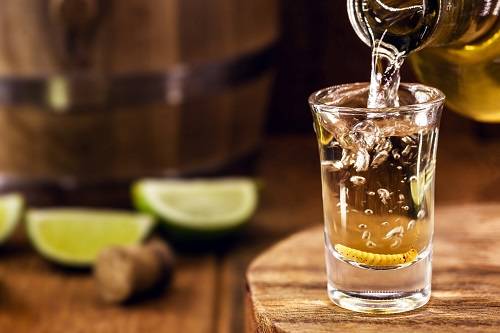
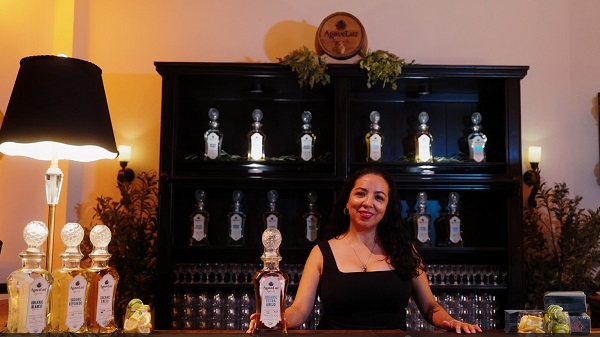

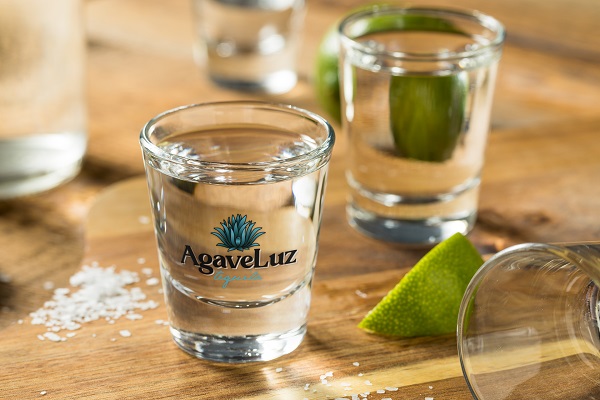
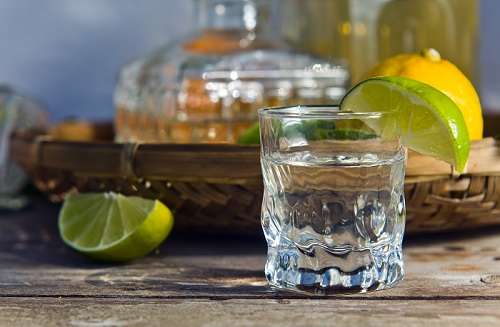
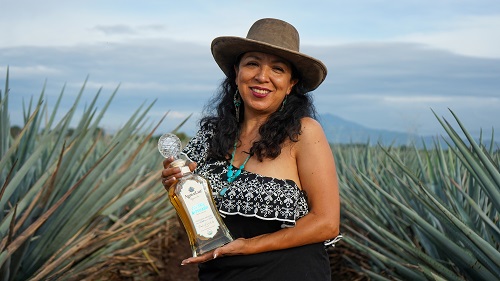
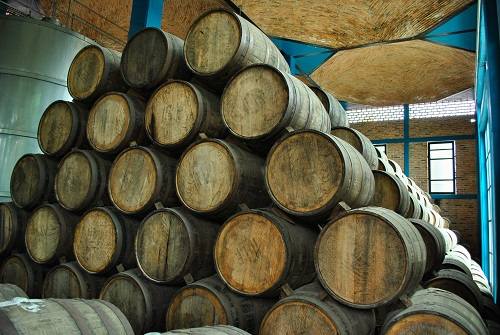
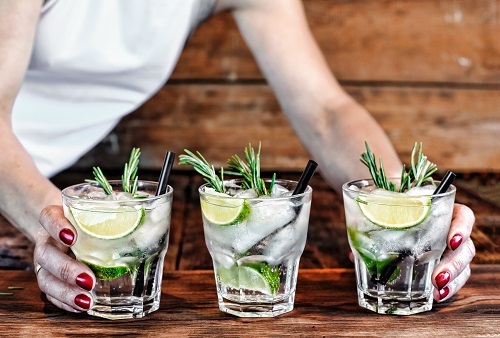
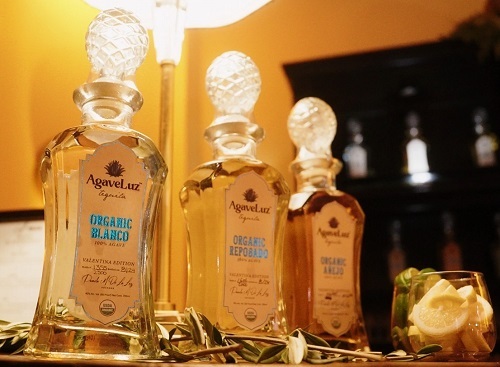
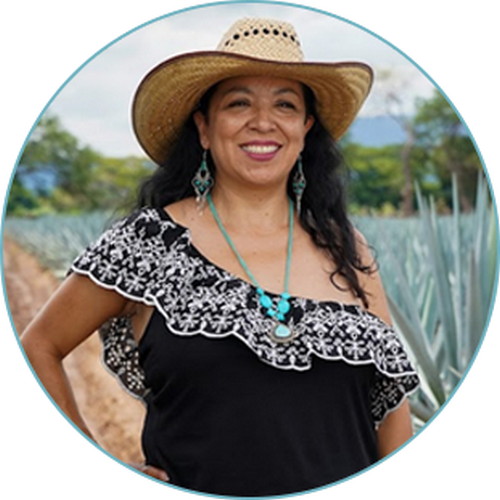


Post a Comment